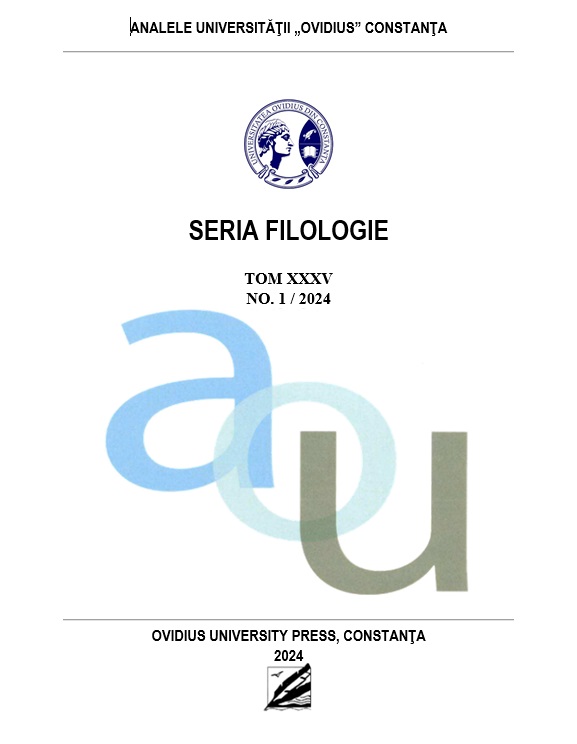Exploring the Effectiveness of Web-Based Concept and Mind Mapping Tools for Enhancing Teaching and Learning ESP
Exploring the Effectiveness of Web-Based Concept and Mind Mapping Tools for Enhancing Teaching and Learning ESP
Author(s): Eglė SelevičienėSubject(s): Philology
Published by: Ovidius University Press
Keywords: English for Specific Purposes; Web-based learning technologies; concept mapping technologies; mind mapping technologies, higher education; descriptive literature review.
Summary/Abstract: This study is a descriptive literature review which consolidates findings on the effective use of Web-based concept and mind mapping tools in the realm of teaching and learning ESP at the higher education level. It encompasses related empirical research, published in international scholarly journals and conference proceedings within the period spanning from 2019 to 2024, considering the challenges brought by the COVID-19 pandemic. Concept and mind maps, whether created traditionally with paper and pencil or through Web-based applications, are widely recognized as powerful tools for organizing information logically. Although concept and mind maps follow separate conceptual approaches, many researchers commonly refer to the software related to them simply as mind mapping software. In the seminal Typology of Free Web-based Learning Technologies (Bower and Torrington 2020), both concept and mind mapping tools are categorized as mind mapping tools. These are described as educational resources that support the creation of visual representations of interconnected concepts, forming a visual knowledge network that can be easily shared via URL. Web-based concept and mind mapping techniques prove effective for expanding ESP students’ vocabulary by creating a structured knowledge framework that links ESP terms with related words and concepts. They are also helpful in enhancing ESP learners’ and writing reading skills, as they help them visualize text, extract key details from ESP materials, identify connections between information, and discern sequences and cause-andeffect relationships. Moreover, they may contribute to boosting ESP learners’ motivation.
Journal: Analele Universităţii Ovidius din Constanţa. Seria Filologie
- Issue Year: XXXV/2024
- Issue No: 1
- Page Range: 391-404
- Page Count: 14
- Language: English

